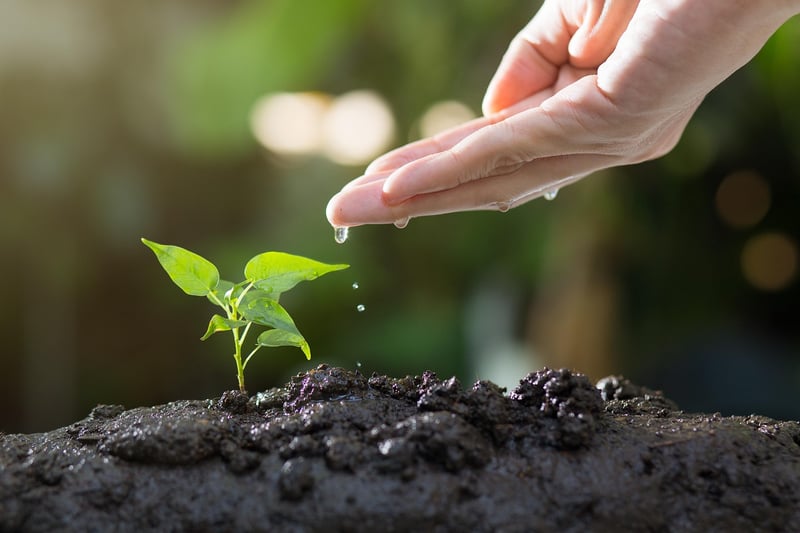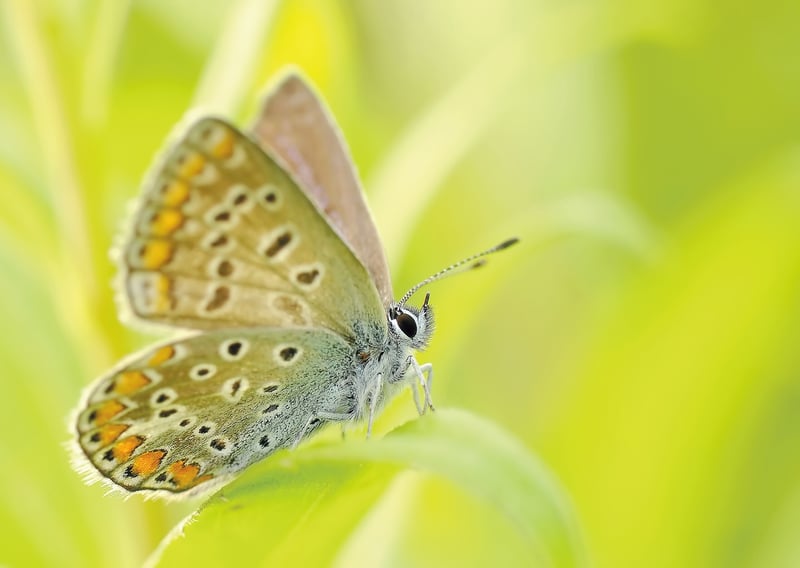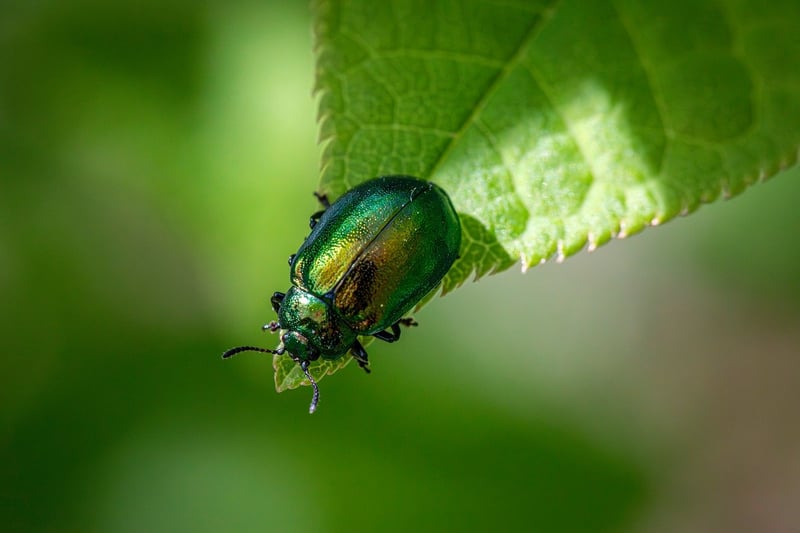Pest Management
Nurturing Your Plants: A Guide to Healthy Growth
The Importance of Proper Plant Care
Whether you’re a seasoned gardener or just starting out, taking care of your plants is essential for their growth and overall well-being. Proper plant care involves a combination of watering, light exposure, soil quality, and regular maintenance.
Watering Your Plants
Water is crucial for plant growth, but it’s important not to overwater or underwater your plants. Different plants have varying water needs, so it’s essential to research and understand the requirements of each type of plant you have. A good rule of thumb is to water your plants when the top inch of soil feels dry to the touch.
Providing Adequate Light
Plants need light to photosynthesize and grow. Ensure your plants receive the right amount of sunlight based on their specific requirements. Some plants thrive in direct sunlight, while others prefer indirect light. Be mindful of where you place your plants to ensure they get the light they need.
Choosing the Right Soil
The type of soil you use can greatly impact your plant’s growth. Make sure to use well-draining soil that provides the necessary nutrients for your plants. Consider repotting your plants if you notice they are not thriving in their current soil.
Maintaining Your Plants
Regular maintenance tasks such as pruning, fertilizing, and repotting are essential for the health of your plants. Prune any dead or yellowing leaves, fertilize your plants according to their needs, and repot them when they outgrow their current containers.
Effective Pest Management for Healthy Plants
Identifying Common Plant Pests
Recognizing common plant pests is the first step in effective pest management. Look out for signs of aphids, spider mites, mealybugs, and other common pests that can harm your plants. Early detection is key to preventing pest infestations.
Natural Pest Control Methods
Opt for natural pest control methods to protect your plants and the environment. Use insecticidal soaps, neem oil, or homemade remedies like garlic spray to deter pests from infesting your plants. These methods are effective and safe for your plants.
Preventing Pest Infestations
Regularly inspect your plants for any signs of pest infestations. Keep your plants healthy and stress-free by providing them with proper care, as healthy plants are more resistant to pests. Avoid over-fertilizing, as this can attract pests to your plants.
Seeking Professional Help
If you notice a severe pest infestation that you can’t control with natural methods, don’t hesitate to seek help from a professional. A plant care expert or pest control specialist can provide you with solutions to effectively manage the pest problem.


By following these tips on nurturing your plants and implementing effective pest management techniques, you can ensure your plants thrive and stay healthy.
